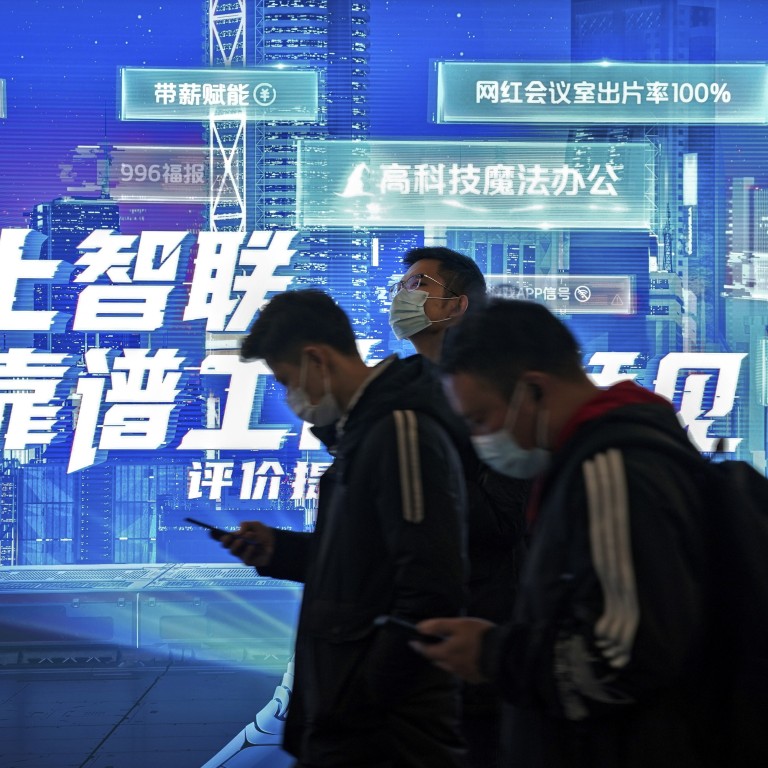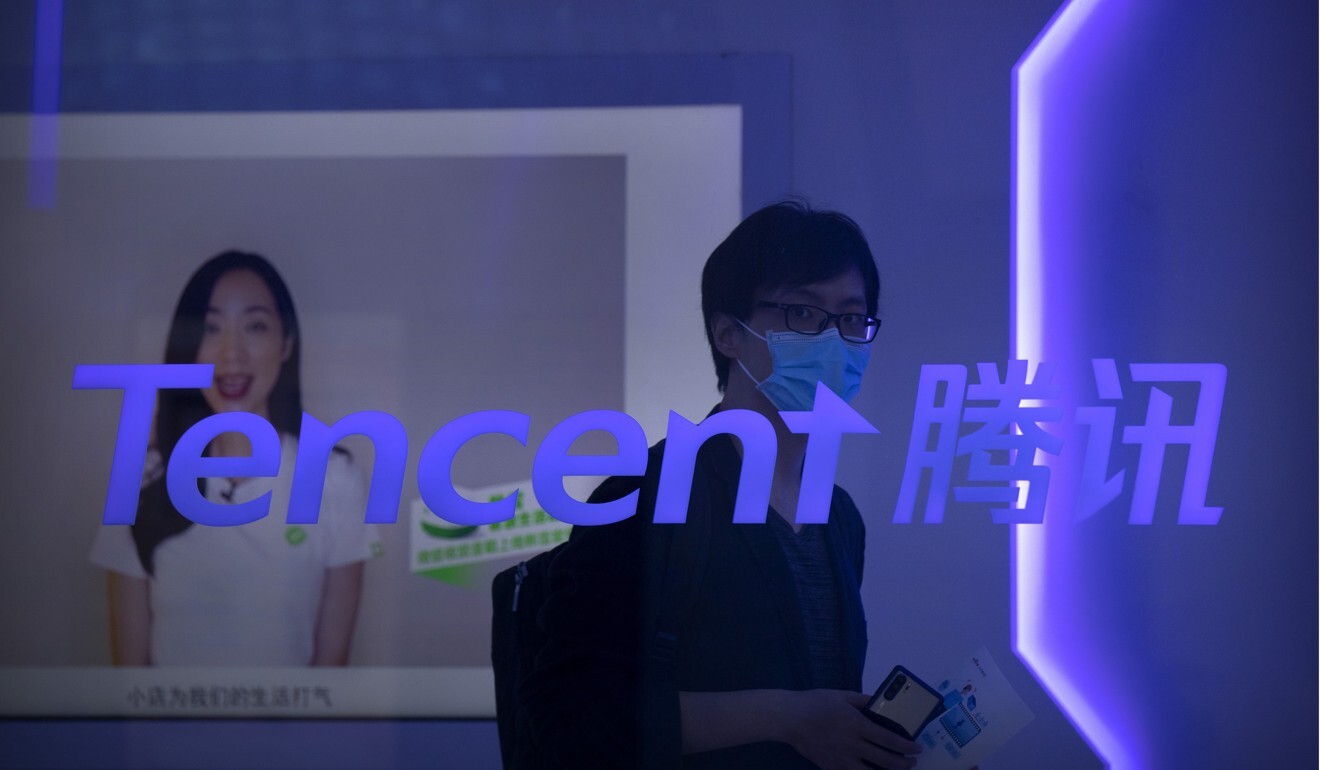
Beijing names and shames Tencent, Alibaba, Baidu and 81 other apps for excessive data collection under new rules
- This is the latest batch of apps to face scrutiny after new regulations from the Ministry of Industry and Information Technology came into effect on May 1
- The scrutiny on data privacy is part of a wider crackdown on China’s biggest tech companies, with tightened control over their business practices
China’s internet watchdog on Monday called out 84 mobile applications, including security apps developed by Tencent Holdings, Baidu, and Alibaba Group Holding, for excessive collection of user data, giving them a 15 day deadline to rectify the violations amid Beijing’s tightened scrutiny over the internet sector.
The Cyberspace Administration of China (CAC) said 36 mobile security apps and 48 online lending apps were found to have infringed personal information through illegal access, over-collection and excessive authorisation, according to a notice on its website on Monday.
Tencent’s Mobile Manager was among the apps singled out for violating the principle that apps should only collect personal data that is deemed necessary. Mobile security apps by Baidu and Alibaba, which owns the South China Morning Post, were also found to have gathered information without permission from users.
The companies were given 15 days to rectify their problematic collection of user data, and those failing to take remedial action would face punishment, the CAC said in the statement.
This is the latest batch of apps to face scrutiny after new regulations from the Ministry of Industry and Information Technology (MIIT) came into effect on May 1, when the CAC also named 33 apps in the categories of text-input, maps and instant messenger, including those developed by Baidu, Sogou, iFlyTek and Tencent, for violation of data privacy regulations.
Tencent, Didi, other internet firms fined for not disclosing deals
The MIIT regulations, first announced in March, hold application providers accountable for collecting what it calls “excessive” user data unrelated to their core services, and forcing users to give uninformed consent to how their data is used.
The regulations on necessary personal information for mobile internet applications covers the basic functions and services for 39 app categories, including messaging, online shopping, payments, ride hailing, short video, live streaming and mobile games.

Tencent and Alibaba were also among the country’s major internet firms fined for failing to disclose deals in violation of China’s anti-monopoly law since last year.

